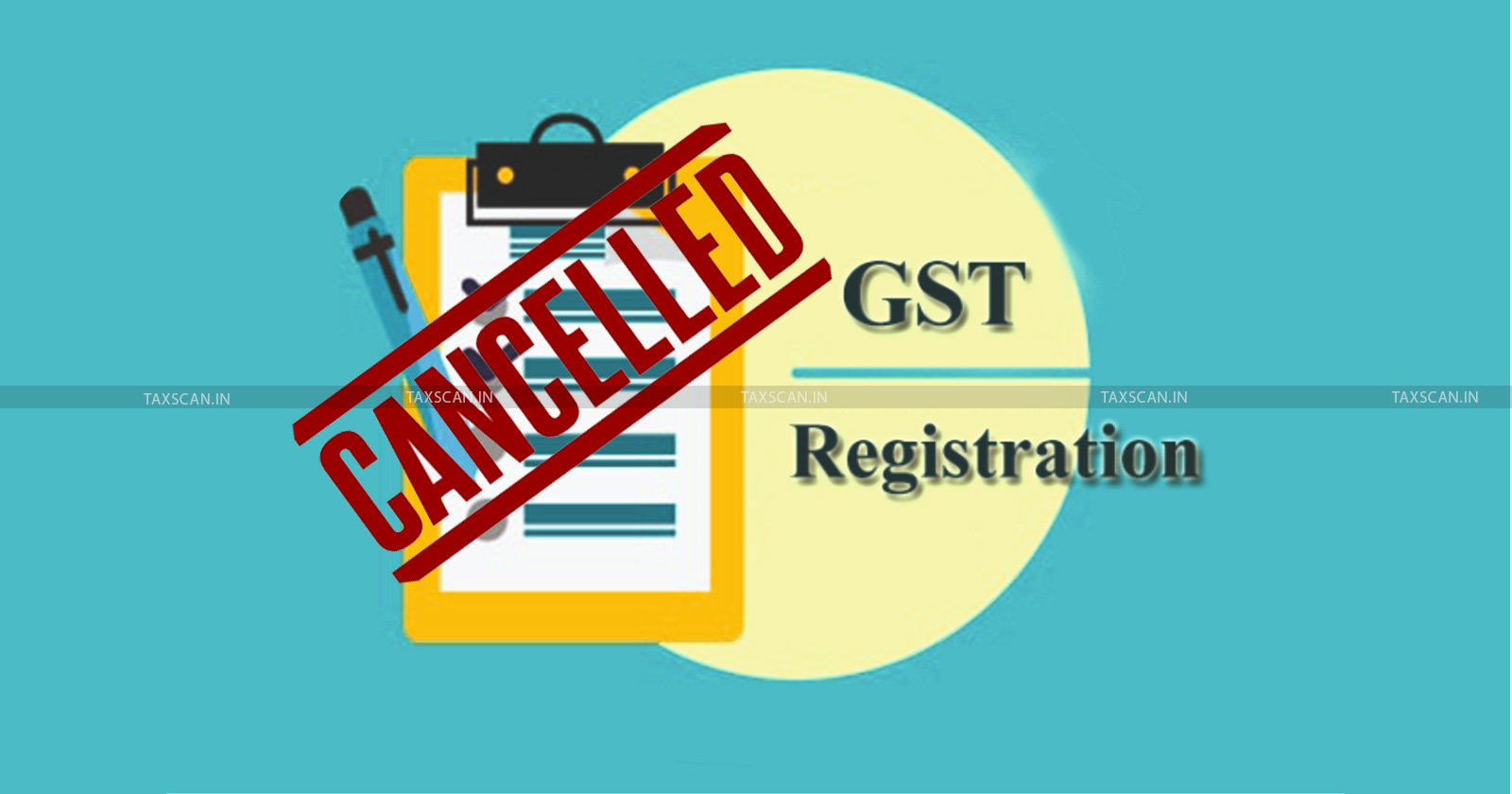Person Found Guilty Under FEMA Cannot Seek Compounding After Adjudication: Calcutta HC Upholds RBI’s Rejection [Read Order]
The Calcutta High Court held that a person found guilty under FEMA cannot seek compounding after adjudication, upholding RBI’s rejection of a post-adjudication application
![Person Found Guilty Under FEMA Cannot Seek Compounding After Adjudication: Calcutta HC Upholds RBI’s Rejection [Read Order] Person Found Guilty Under FEMA Cannot Seek Compounding After Adjudication: Calcutta HC Upholds RBI’s Rejection [Read Order]](https://images.taxscan.in/h-upload/2025/08/16/2077551-fema-adjudication-calcutta-hc-rbi-taxscan.webp)
In a recent ruling, the Calcutta High Court held that a person found guilty under the Foreign Exchange Management Act, 1999 (FEMA) cannot seek compounding of the offence after the adjudication proceedings have been decided. The court upheld the Reserve Bank of India’s decision to reject the petitioner’s post-adjudication compounding application.
Sanjay Jhunjhunwala, the petitioner, filed a writ petition challenging the Reserve Bank of India’s decision to return his compounding application. The application was filed after an adjudication order had already been passed against him under FEMA.
A penalty of Rs. 10 crore had been imposed by the adjudicating authority, and a demand notice for payment was later issued by the Assistant Director, Directorate of Enforcement. The petitioner did not challenge the adjudication order through an appeal and instead chose to seek compounding.
 Also Read:Calcutta HC Dismisses Writ Petition as Income Tax Dept Not Interested to pursue Demand u/s 143 [Read Order]
Also Read:Calcutta HC Dismisses Writ Petition as Income Tax Dept Not Interested to pursue Demand u/s 143 [Read Order]
The petitioner’s counsel argued that since the adjudication order was accepted and no appeal was filed, the petitioner should be allowed to settle the matter through compounding. The counsel referred to Rule 11 of the Foreign Exchange (Compounding Proceedings) Rules, 2000 to support the claim that compounding is not barred in such circumstances.
They argued that the compounding process aims to reduce litigation and should be available even after adjudication if no appeal is pending.
The RBI’s counsel and the Directorate of Enforcement pointed out that compounding is only allowed before adjudication concludes. Once the adjudicating authority has passed a final order, the remedy available to the contravener is either to pay the penalty or to file an appeal.
They explained that as per the applicable circulars and master directions, compounding is not permitted after the conclusion of adjudication.
 Also Read:Gauhati HC Allows 2 months time to seeking Restoration of GST Registration Cancelled [Read Order]
Also Read:Gauhati HC Allows 2 months time to seeking Restoration of GST Registration Cancelled [Read Order]
The single-judge bench comprising Justice Amrita Sinha observed that the purpose of compounding is to settle matters voluntarily before the formal adjudication concludes. Allowing compounding after adjudication would defeat this objective and weaken the enforcement mechanism under FEMA.
The court pointed out that the petitioner had earlier applied for compounding in January 2023, but that application was returned for want of details. Instead of correcting and re-filing it at that time, the petitioner proceeded with adjudication which resulted in a final penalty order.
The court explained that accepting a compounding application after the adjudication order would create the possibility of conflicting orders and undermine the authority of the adjudicating officer.
The court observed that Rule 11 of the Compounding Rules refers to appeals and does not suggest that compounding is available indefinitely after adjudication has ended. The court held that the Reserve Bank of India was correct in rejecting the petitioner’s compounding application.
The writ petition was dismissed, and the interim order was vacated.
Support our journalism by subscribing to Taxscan premium. Follow us on Telegram for quick updates


